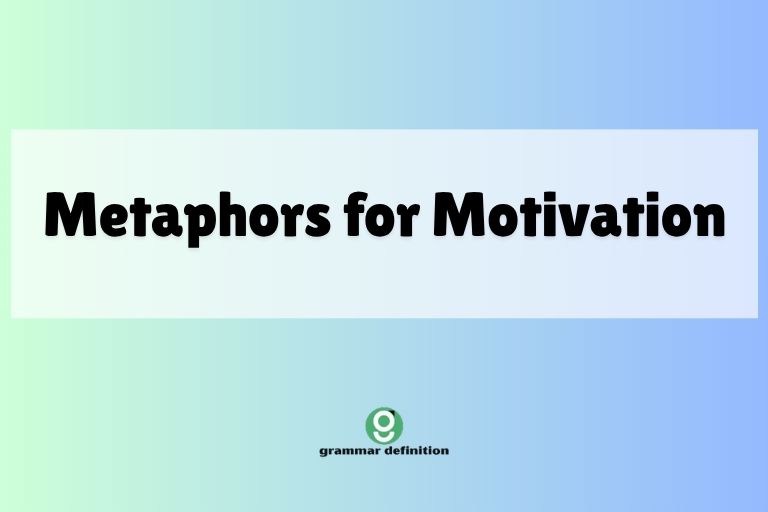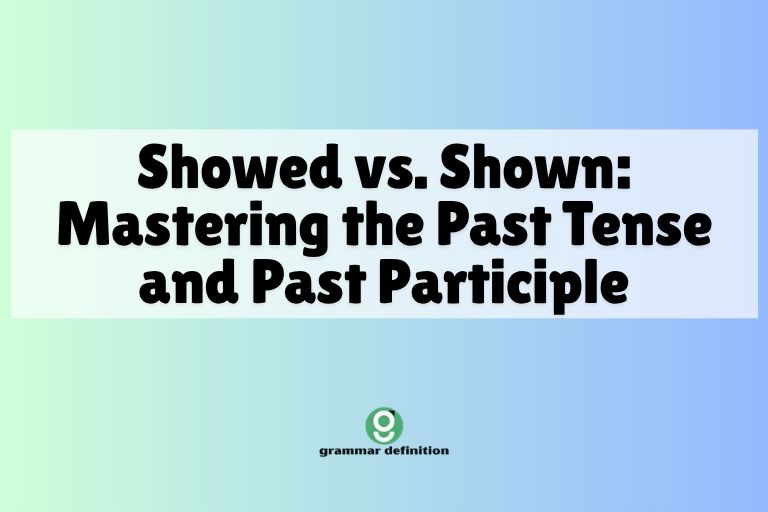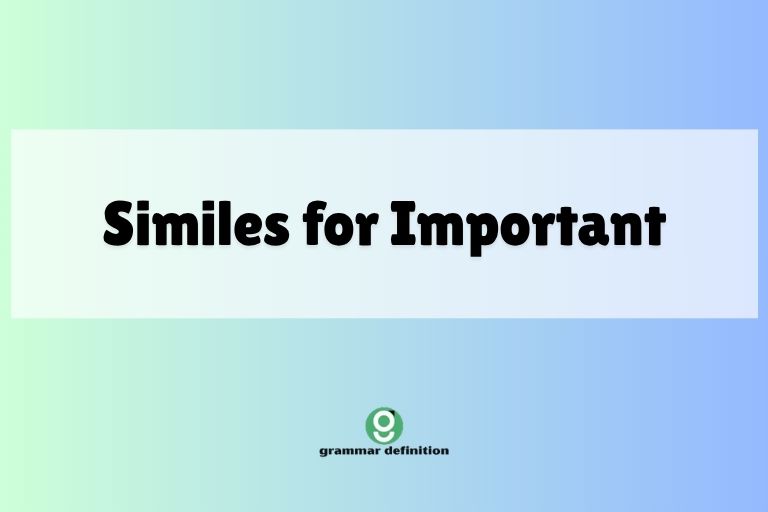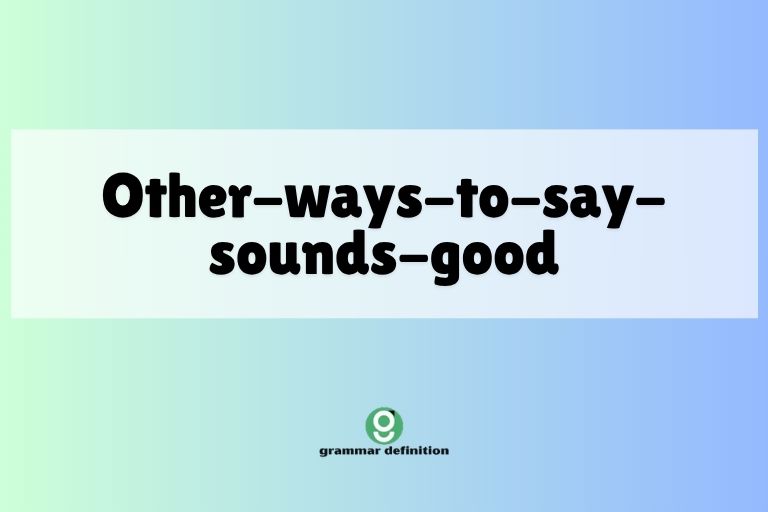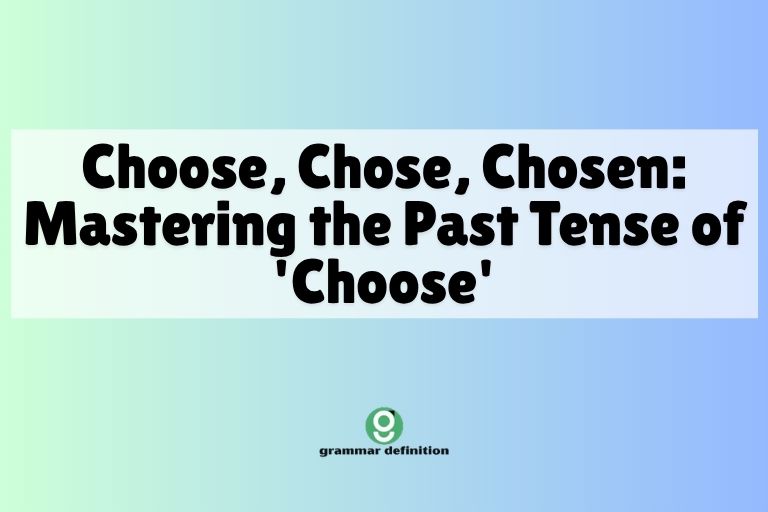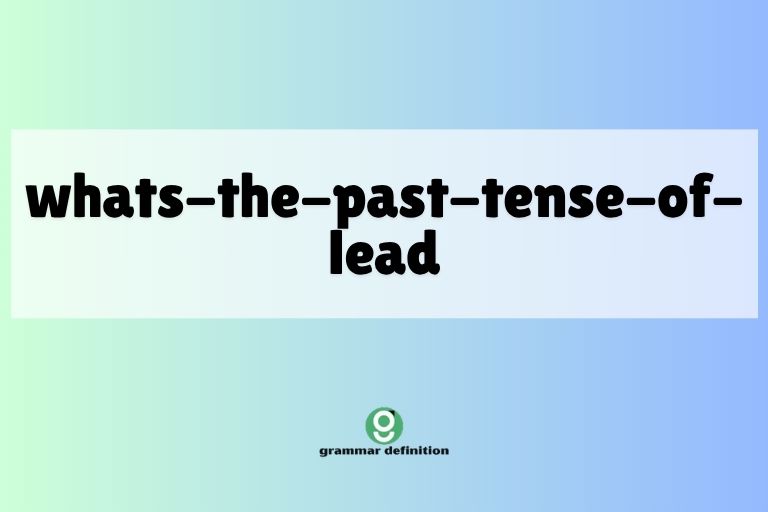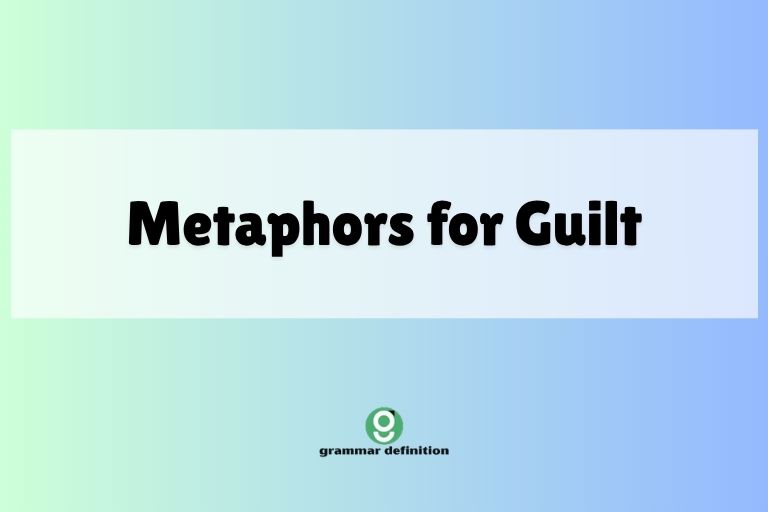Beyond “I Would Love To”: Diverse Ways to Express Enthusiasm
Expressing desire and enthusiasm is crucial in effective communication. While “I would love to” is a perfectly acceptable phrase, over-reliance on it can make your speech sound repetitive. This article explores a wide range of alternative expressions that convey similar meanings with varying degrees of formality, intensity, and nuance. Understanding these alternatives will enrich your … Read more



